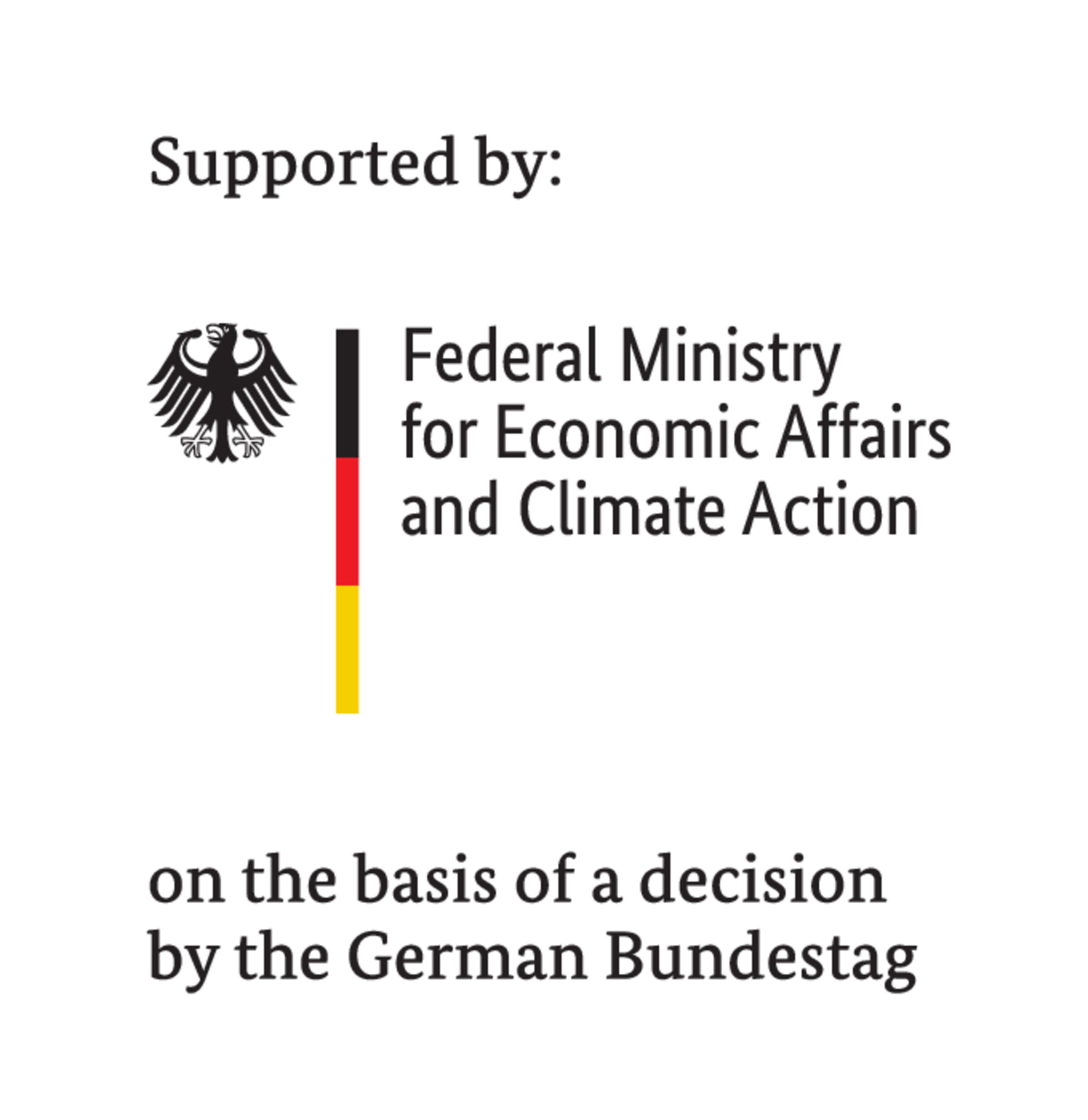A glimpse of Indonesia’s Education
Fri, 25 Feb 2022
In order to ensure that all Indonesians receive proper education, the government established a 12-year compulsory education regulation, which consists of primary education (9-year) and secondary education (3-year). This regulation aims to overcome inequality in education levels. As of today, the main curriculum in use is the 2013 curriculum, which is designed to produce productive, creative, innovative, and effective students via the integration of lessons that simultaneously develop attitude, skills and knowledge. As in many other countries, higher education is not compulsory, but efforts are made for the equal distribution of higher education providers in all provinces by the central government.
Indonesia has various types of education. They are general, vocational school, academic, professional, vocational college, religious school, and special education. Broadly speaking however, only two types of education are available for Indonesian citizens, namely general/academic education and vocational education. Both have different functions and goals and advantages. Therefore, neither of the two types of education is better or worse.
General education is directed towards providing opportunities for students to develop their interest in the subjects that are in accordance with their scientific interests in higher education. Students in general schools are exposed more on theories rather than practice. If they want to study more about certain subjects, they can enter academic school and work their way towards a professional education, which in this regard also include vocational schools. In order to give students higher quality and better access to science and knowledge, the Ministry of Education and Culture recently launched a program called “Merdeka Belajar-Kampus Merdeka”. This program allows the students to learn any subjects they are interested in most forms of known learning activities such as student exchange, internship, teaching assistance, research, humanitarian project, entrepreneurship program, independent project, and thematic community services programs.
On the other hand, vocational education is conceptualized as to allow students to have a larger portion of practical skills as opposed to theoretical knowledge. Vocational school thus aim to enable students to practice these practical skills and adapt to the industrial work culture. Vocational school students are prepared to be ready to work after graduation with sufficient competency, certification, and practical field work experience. In supplying industries with this ready-to-work workforce, the Indonesian Ministry of Education and Culture established a student career service program called Bursa Kerja Khusus (BKK). This unit collaborates with the Manpower and Transmigration Agency (Dinas Tenaga Kerja dan Transmigrasi) to provide the necessary services and information to help students obtain employment.
"Education Indonesia" is a brand of German-Indonesian Chamber of Industry and Commerce (EKONID)


